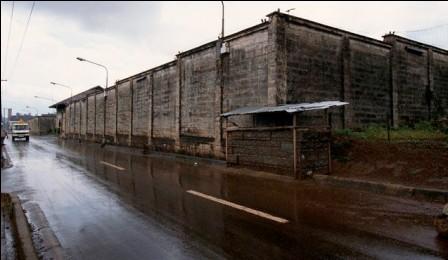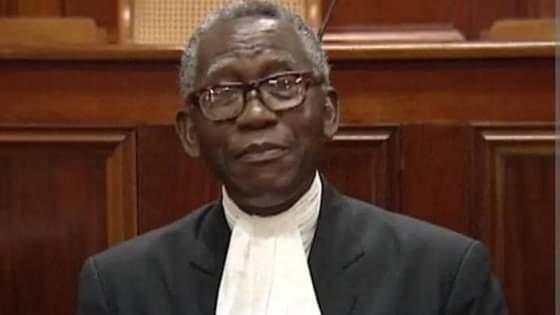Young Offenders and the Law in Sierra Leone
There is no gainsaying that politics of tomorrow will reflect the caliber of juveniles today. A former Solicitor-General, Albert Metzger, once said that “if you have crooked juveniles now, future society will show up crooked politicians and civil servants”. He argued in a public lecture at the British Council Hall that responsibility for the problem of the young must not be left in the hands of the Ministry of Social Welfare and the law.
“Parents, teachers, medical officers and other members of the public must take definite interest in the problem. When a front page story published in this newspaper last week that juvenile justice was being denied at the Remand Home at Kingtom, someone tried to be critical the law’s treatment of juvenile, which to him was apparently lenient, leaving them to go unpunished for many crimes. But is it not right to say that children are never born bad – that they are victims of the environment?
Of course, it is, and the law on juveniles reflects the importance attached to the young of our times. As far as the law is concerned, emphasis is on “corrective training” as against punitive treatment. If a juvenile appears before a court, that court must decide always in the best interest of the youth. The prescriptions of flogging and starving juvenile in conflict with the law became a human rights issue and so they are no more forms of correction. Many of our laws are derived from English Law and they remain valid until they repealed by the Government.
An outstanding difficulty resulting from this is in our customary law, where there is no clear understanding of juvenile responsibility.
In our towns and villages in the provinces, a juvenile could be put in stock for alleged adultery or for putting the chiefdom in shame; no consideration will be taken of his age. He would suffer like an adult the same punishment before trial; and after a doubtful trial, will be fined after all.
It is essential that lawyers working with social scientists and psychologists determine a reasonable age at which one could say a person has no criminal responsibility. Already people have gone to the ‘backyard’ to find out the factors which cause the youth to commit crime.
A boy who was brought before a Magistrate Court for being found plucking mangoes from his neighbor’s tree simply gave his reason committing the offence as “Pa ar bin hangry” meaning, “My Lord I was hungry”. At present the Law prescribes a certain age for juveniles as against social scientists who would say a person of 60 is young at heart, while a child of six has adult tendencies.
Today in Sierra Leone, the term ‘juvenile’ is applied to everyone under the gae of 17. Another African country, Zambia, applies the term from the ages of 7 to 17 years. English Law prescribes that below certain age a person could not have the mental intent to commit a crime, nor make out between good and evil, and therefore the person cannot be held to account.
That age had been changed in England from 8 to 10, but in Sierra Leone, where the law has not changed, it is still 8; youth of 18 and above could be hung for murder.
On the other hand, Britain has abolished hanging in place of life imprisonment for both the young and old convicted of murder. But juveniles at 17 and below are kept only with the intention of transforming them.
One method is by employing the services of a probation officer, responsible for giving advice, assist and even get suitable employment for the offender after a reasonable period of correction.
Another system is the Remand Home, where for one thing, the law provides that before corporal punishment is carried out, a competent medical officer should examine the young culprit to make sure he is in fit condition to take punishment.
Approved School is what you could call ‘jail’ for convicted juvenile offenders who had failed all other corrective treatments. It is important to note that while the law makes provision for separate Approved Schools for boys and girls, there is regrettably only one for boys; giving the wrong impression that females behave better.
On the whole, there is need for trained personnel dealing with juvenile delinquents, which requires huge financial and other logistical resources to enhance and expedite the movement of offenders to access justice.
By Abadi Amadi
Stay with Sierra Express Media, for your trusted place in news!
© 2021, https:. All rights reserved.






